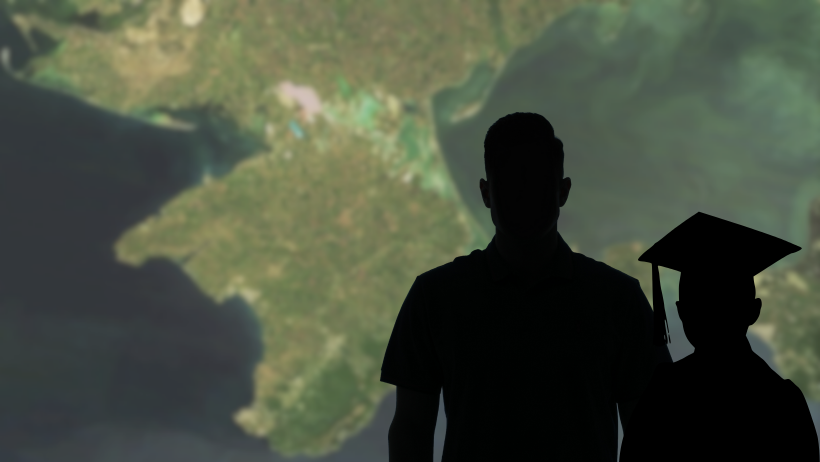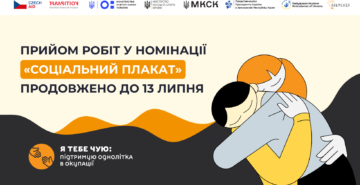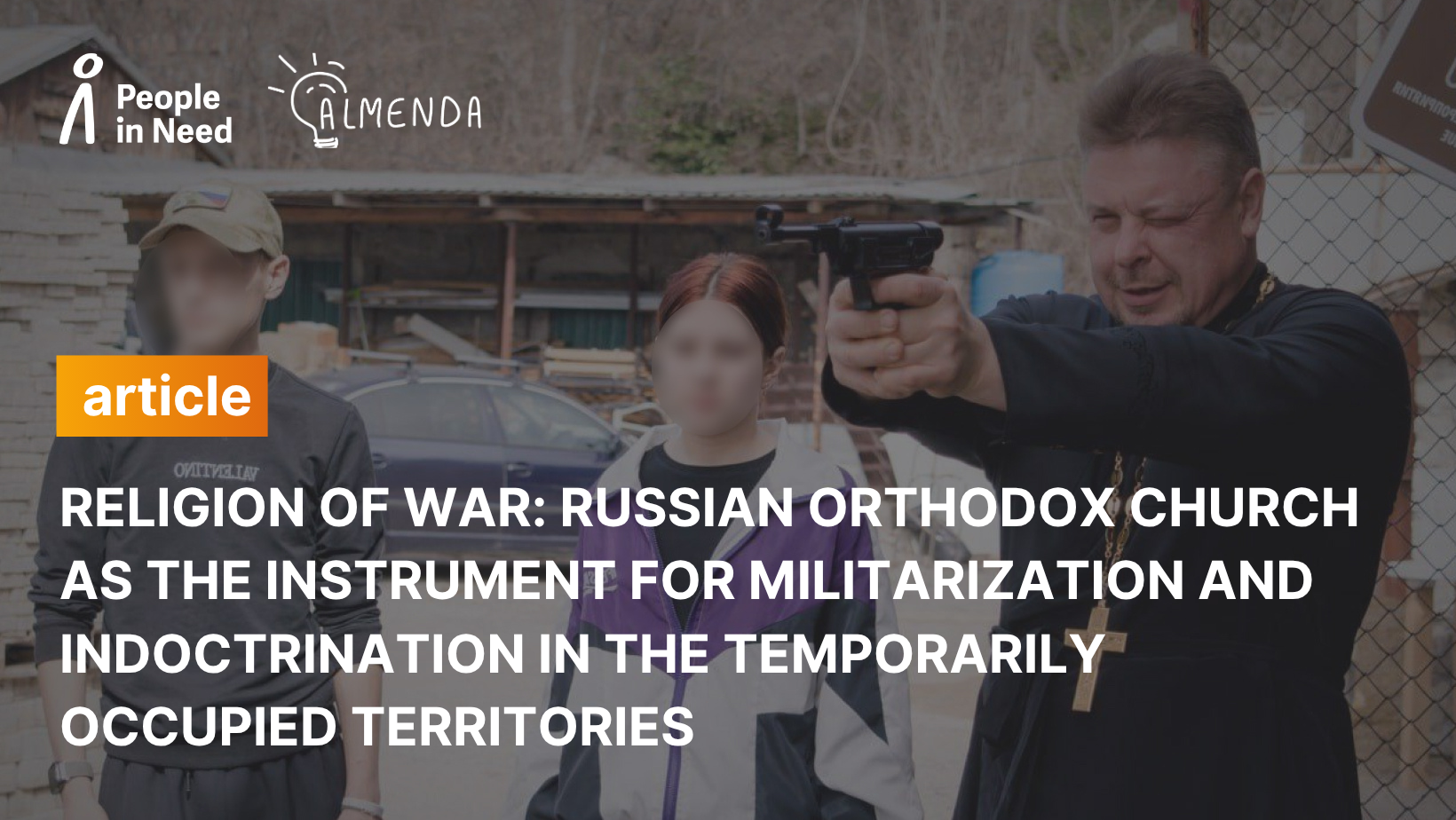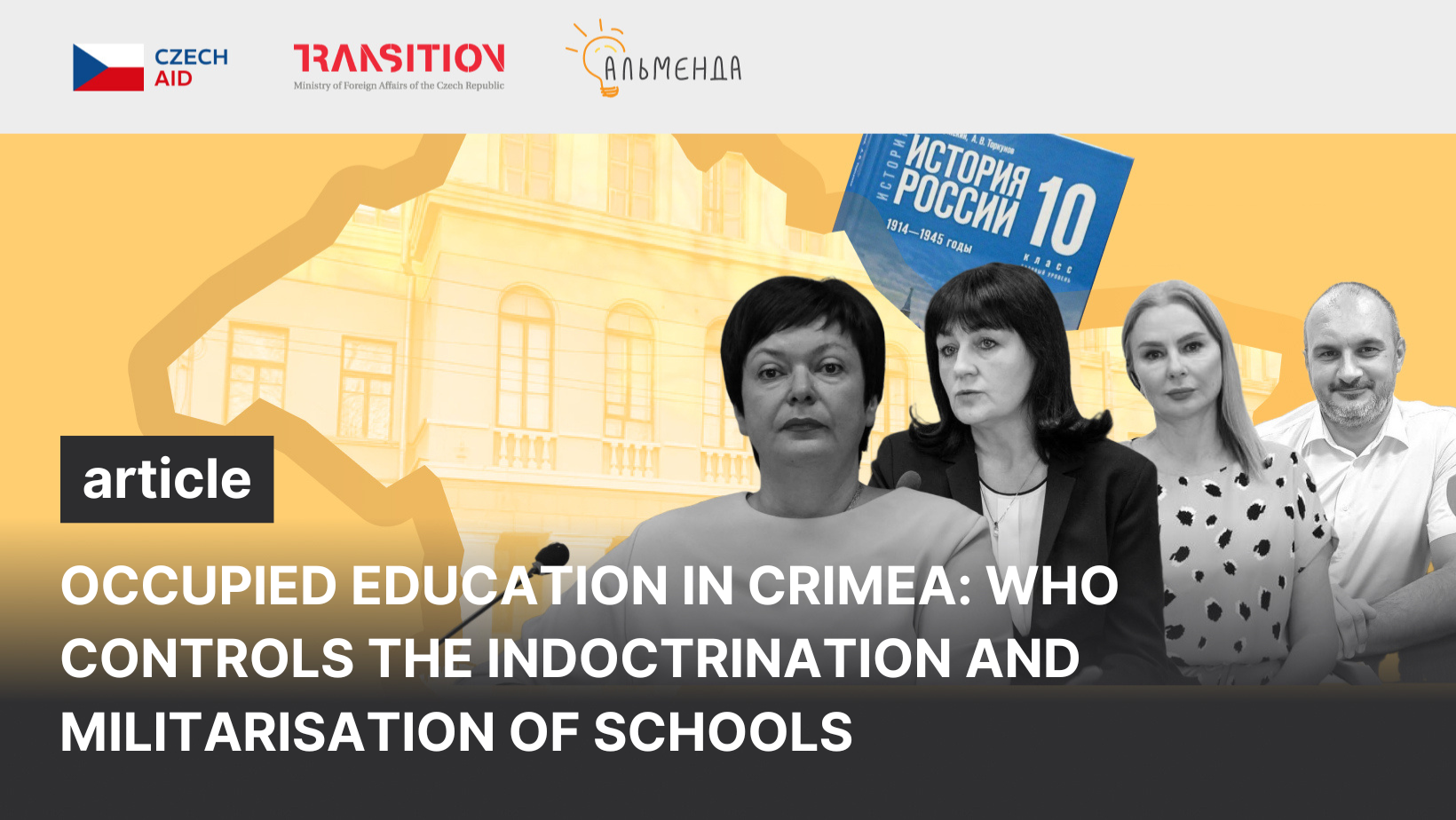

The story of a Crimean: the reality of children from Crimea when they enter Ukrainian universities (Voice of Crimea)
The Ministry of Education and Culture declares that one of the steps of the deoccupation and
reintegration of Crimea is the battle for the minds of the youth. However, the admission
procedure proves otherwise.
For reference. There is a particular procedure for admission to Ukrainian higher education institutions for residents of TOT of Ukraine. The simplified system allows admission through the Education Centers “Crimea – Ukraine” or “Donbas – Ukraine”. Today, Educational Centers operate in 166 higher education institutions. Admission through the Educational Centers involves taking three exams – the Ukrainian language, the history of Ukraine and a profile exam. Educational centres, created based on higher education institutions, must accompany applicants from TOT at all stages of admission. However, as human rights defenders point out, chaos reigned in the work of the Educational Centers this year. Each one provided different information, the necessary list of documents, or, in general, the representatives of the Educational Centers had a tough time communicating or refused help, arguing that the licensed cities had run out according to quota-2.
We talked to a Crimean human rights defender who helps children and their parents with admission to Ukrainian higher education institutions. For security reasons, this interview is entirely anonymous.
Read on the website of the Voice of Crimea (in Ukrainian).
- How difficult and dangerous is it to go through the procedure for admission to Ukrainian higher education institutions in Crimea?
- Are Crimeans informed about the possibilities of the procedure for admission?
- How is Russia trying to use propaganda to drag children into its military schools and the Russian army?
- What difficulties did people face when entering 2023, and why did some not succeed?
The interview was prepared by the Centre of civil education “Almenda” as a part of the project “Steps towards the meeting: bringing youth from temporarily occupied territories closer to reintegration”. The project is implemented with the financial support of the Ministry of Foreign Affairs of the Czech Republic as a part of the Transition Promotion Program. The views represented in this material belong to the authors and do not reflect the official position of the Ministry of Foreign Affairs of the Czech Republic.



